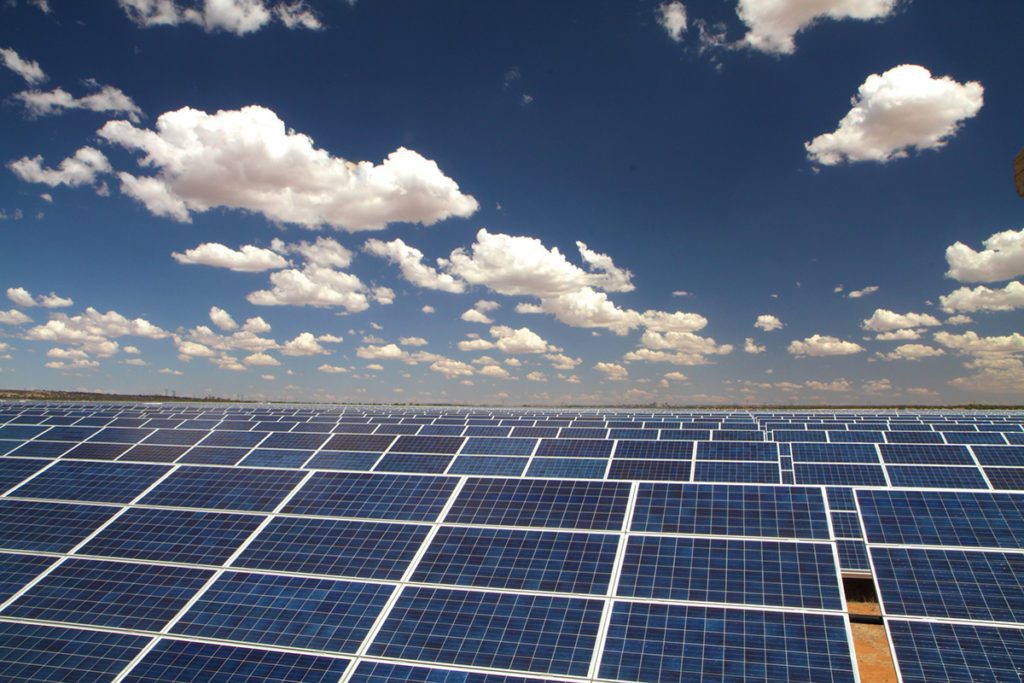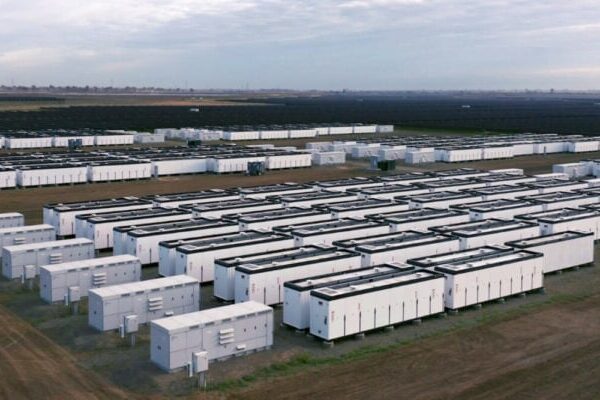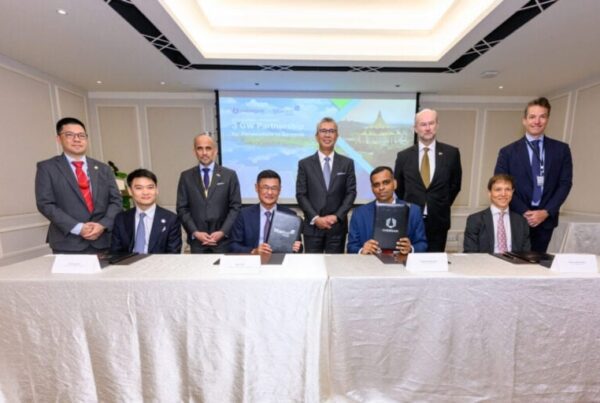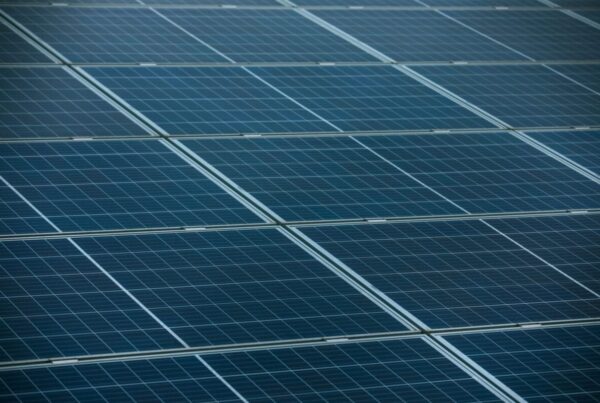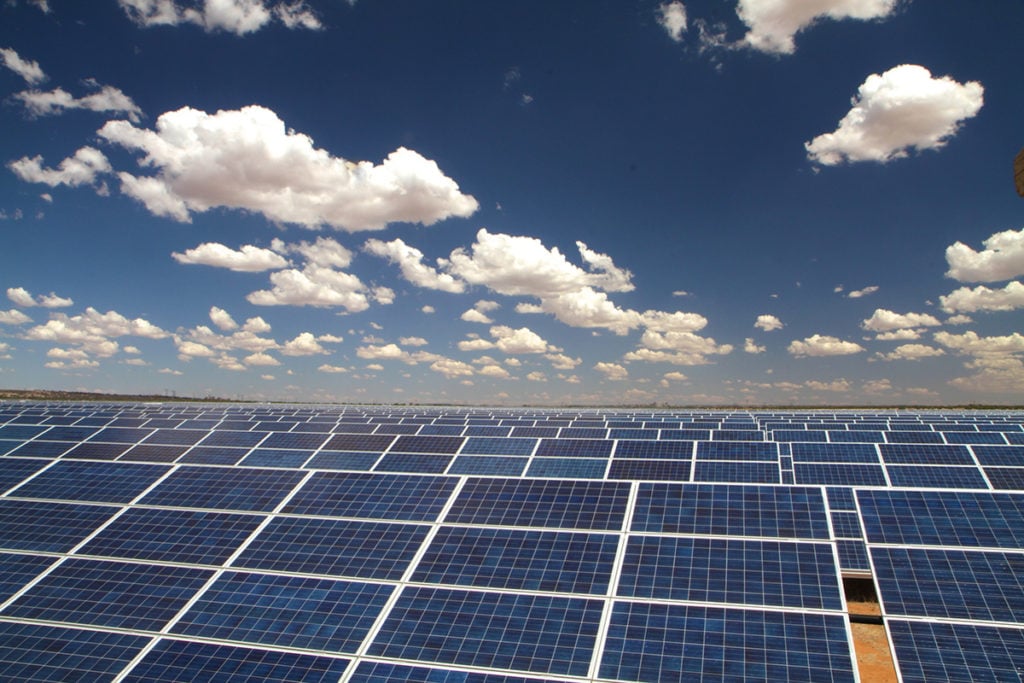
German-headquartered renewables company JUWI Renewable Energies has revealed 400MW worth of engineering, procurement and construction (EPC) contracts for solar PV projects to power mines in South Africa.
With contracts already in an advanced stage of development, the projects were originally developed with the national REIPPPP (Renewable Energy Independent Power Producer Procurement Programme) scheme in mind but JUWI said that regulatory changes to the license-exemption threshold in January allowed it to pivot the projects to private ownership and accelerate their deployment.
The change exempted private projects that supplied a grid-connected customer with power via ‘wheeling’ – the practice of supplying an end-user with power from a remote generation plant via the national grid – from needing to pay a generation license. Mines often lack the requisite space for large solar or wind projects, which makes them prime candidates to benefit from wheeling.
In March, PV Tech Premium published an article about the shift in South Africa from public REIPPP projects to private sector developments. The country has been plagued by grid instability and planned blackouts – known as ‘load shedding’ – and some have said that the REIPPPP programme has been too slow to effectively fix the problem.
Chris Bellingham, head of project development at JUWI, said: “The ability to wheel power through the network combined with the far lower electricity tariffs of solar and wind projects, incentivises mines to either remotely generate their own electricity or purchase it from remote independent power producers (IPPs), thereby sourcing generation from sites where the resource is stronger. This is a real win for mines, allowing them to save costs, reduce greenhouse gas emissions, and when used in combination with backup technologies, avoid load shedding.”
Recently JUWI’s 89MW Castle Wind project reached financial close by the African Infrastructure Investment Managers Consortium, after having originally been designed for the REIPPPP programme. JUWI said that Castle Wind stands as a precursor to these 400MW of solar PV projects.
Earlier this month, the Chinese ambassador to South Africa Chen Xiaodong made an offer to supply 66GW worth of solar infrastructure from China to the South African grid, with the intention of aiding the country’s transmission stability and helping a just energy transition in a country with significant socioeconomic inequality.


